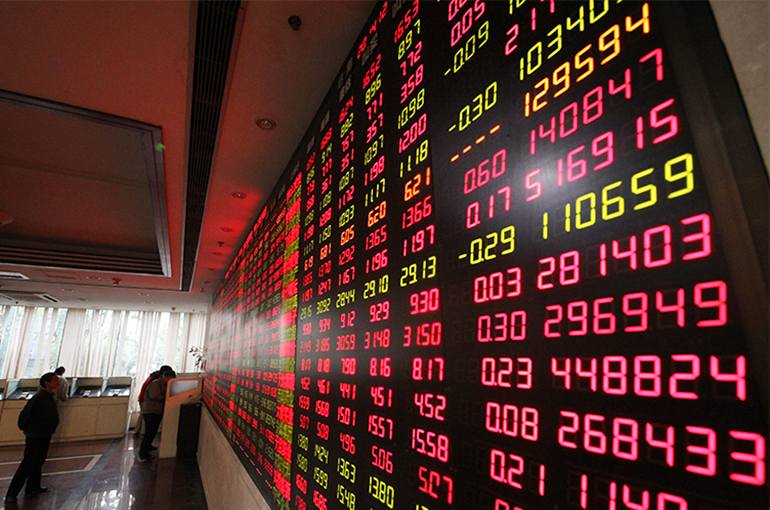Select Language:
Several international financial institutions have stepped in to reassure markets that concerns over an overheated Chinese stock market are unwarranted. They point out that the recent rally in the country’s A-shares has been consistent and manageable, with potential for further growth.
A representative from a prominent Swiss private bank explained that they have been repeatedly asked whether the A-share market has entered a bubble after several weeks of strong gains. After thorough analysis of various market indicators, they concluded that China’s stock market remains far from bubble territory and still has room to expand.
Despite heightened trading volumes, data based on monthly disclosures from the Shanghai Stock Exchange about new account openings suggest that approximately one million new investors joined the market in July. There hasn’t been a significant surge in new off-market investors, according to a senior strategist from UBS Securities.
Meanwhile, the level of household savings that could be invested remains on an upward trend, indicating that a substantial amount of funds have yet to flow into equities. This suggests that overall market sentiment is not overheated, the strategist added.
Valuations are also considered reasonable. Markets worldwide, whether developed or emerging, show that A-shares are currently trading at relatively low valuation discounts.
Foreign investors are increasingly optimistic about Chinese assets. Their holdings surpassed 3 trillion yuan (around $420 billion) in June, which accounts for about 7.4% of the freely tradable market value of A-shares.
The technology sector, often under close scrutiny, has not shown signs of overheating either. Gains in this sector are attributed to two main factors: first, supportive policies combined with shifts in industry trends, especially the positive influence of emerging fields like artificial intelligence. Second, inflows into tech stocks this year include a higher proportion of individual investors, leveraged funds, and quantitative funds—all of which tend to favor technology themes.
The policy environment provides considerable “downside protection,” as the government is expected to act decisively to mitigate potential economic downturns. This stability helps bolster confidence in the markets. Additionally, expectations of global interest rate cuts alongside a low domestic interest rate environment create favorable conditions for investment inflows.
Market analysts forecast that China’s stock market will continue on a “slow bull” trajectory. The Shanghai Composite closed at 3,813.56 points today, down 1.1%. The Shenzhen Component Index finished at 12,472, falling 0.7%, while the tech-heavy ChiNext Index gained 1 percent, closing at 2,899.37.
—






